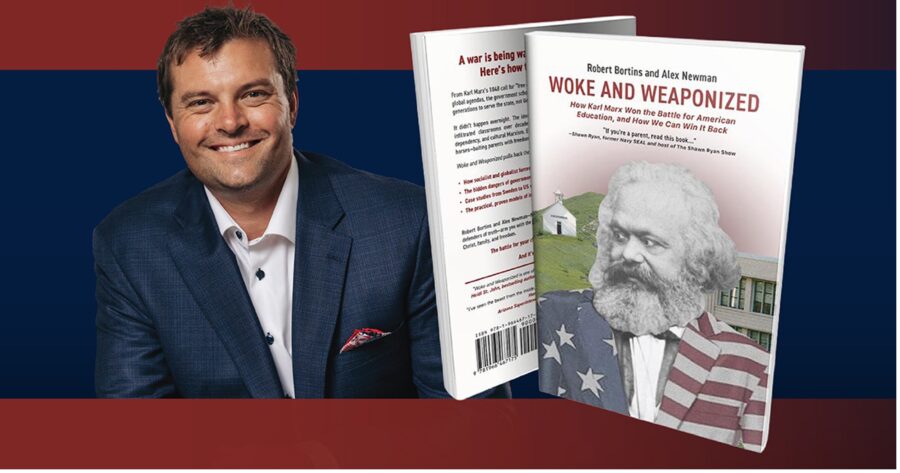At the end of graduation often comes a mix of excitement, uncertainty, and pressure to figure out what to do after high school. You may fall into one of two camps: a) eager to dive into the future or b) unsure where to start. Either way, this guide is here to help you clarify your path.
I’ll walk you through actionable steps to identify your unique strengths, align them with real-world opportunities, and create an actionable plan for success.
Spoiler alert: This isn’t about finding your passion—it’s about aligning your skills, interests, and relationships with opportunities that fit you. We’ll also ground this in biblical truths, which provide timeless wisdom from the Creator of the universe for discovering our path.
Step 1: Identify Your Highest Impact Zone
Your “Highest Impact Zone” is the sweet spot where your interests, skills, and relationships intersect. Focusing on this zone helps you thrive. As believers, this aligns with the biblical principle of stewardship—using the unique gifts God has given us for His glory and others’ good.
How to Find Your Zone:
- Explore Your Interests
Reflect on what excites you. What activities or subjects energize you? Ecclesiastes 3:13 reminds us: “That each person finds pleasure in their work—this is a gift of God.” - Evaluate Your Skills
Identify the abilities others often compliment or seek your help for. What comes naturally to you? Romans 12:6 says: “We have different gifts, according to the grace given to each of us.” - Leverage Your Connections
Who in your life has expertise or experience? Relationships are often key to breaking into industries or building successful ventures. As Proverbs 27:17 states: “As iron sharpens iron, so one person sharpens another.”
A Personal Example
For me, video production began with a connection to my Bible teacher, who introduced me to the collaborative nature of filmmaking. Later in life, after high school, my brother-in-law, Tyler, taught me the business side of freelancing. These relationships shaped my path.
Step 2: Reverse Job Searching
Instead of asking, “What career should I have?” ask, “What lifestyle do I want, and what skills do I need to achieve it?” Proverbs 21:5 teaches: “The plans of the diligent lead to profit as surely as haste leads to poverty.”
How to Apply Reverse Job Searching:
- Set Your Financial Goal
Determine the income needed to support the life you want—whether it’s traveling, hobbies, or ministry. Proverbs 3:9-10 says: “Honor the Lord with your wealth… then your barns will be filled to overflowing.” - Research Jobs That Match Your Goal
Use job boards or tools like ChatGPT to identify roles that meet your financial target. Look for patterns in required skills and qualifications. - Validate the Skills
Join forums, industry groups, or talk to professionals to confirm which skills are truly valuable. - Create an Action Plan
Once you know the key skills, develop them through courses, certifications, or internships. If you’re interested in 3D animation, explore our courses at Three Division, where we prepare students for this competitive industry.
Why This Works
When I set financial goals, it shifted my focus. Instead of chasing vague success, I pursued skills aligned with my goals. This brought clarity and direction to my career.
Step 3: Practical Steps to Prepare for Your Path
With your Highest Impact Zone and financial goals clear, it’s time to take action:
- Narrow Down Career Fields
Use your zone to evaluate potential careers. Focus on industries where your skills and interests align. - Find Mentors and Advisors
Seek guidance from experienced professionals. This could mean direct conversations, joining communities, or even starting a podcast to interview industry experts. Proverbs 15:22 says:“Plans fail for lack of counsel, but with many advisers they succeed.” - Develop High-Value Skills
Focus on skills in demand. For example, I invested in a $3,500 marketing certification to overcome challenges in my business. The return was exponential. Similarly, at Three Division, we teach the practical skills needed to excel in 3D animation and design. Colossians 3:23-24 encourages: “Whatever you do, work at it with all your heart, as working for the Lord, not for human masters.”
Step 4: Why This Approach Works
Leverage Relationships for Success
Relationships can open unexpected doors. Mentors provide guidance, and collaborators bring complementary skills. Ecclesiastes 4:9-10 says: “Two are better than one because they have a good return for their labor. If either of them falls down, one can help the other up.”
Focus on Targeted Skill Development
Researching and validating skills ensures your efforts are productive, not just busy work.
Align Career Choices with Personal Goals
Reverse job searching helps you align your career with the life you want. Luke 14:28 advises: “Suppose one of you wants to build a tower. Won’t you first sit down and estimate the cost to see if you have enough money to complete it?”
Reliance and Intentionality Answer the Question: What to Do After High School?
The journey after high school doesn’t need to feel overwhelming. By identifying your Highest Impact Zone, setting clear financial goals, and reverse-engineering your career path, you can create a future that aligns with your strengths and aspirations.
If entrepreneurship interests you, I’m developing a program to guide aspiring entrepreneurs in turning their skills into thriving businesses. Email me at aja@threedivision.com to let me know you’re interested—I’d love to hear from you!
Remember: Your path is unique. With intentionality and reliance on God’s guidance, you have the tools to make it a successful one.





